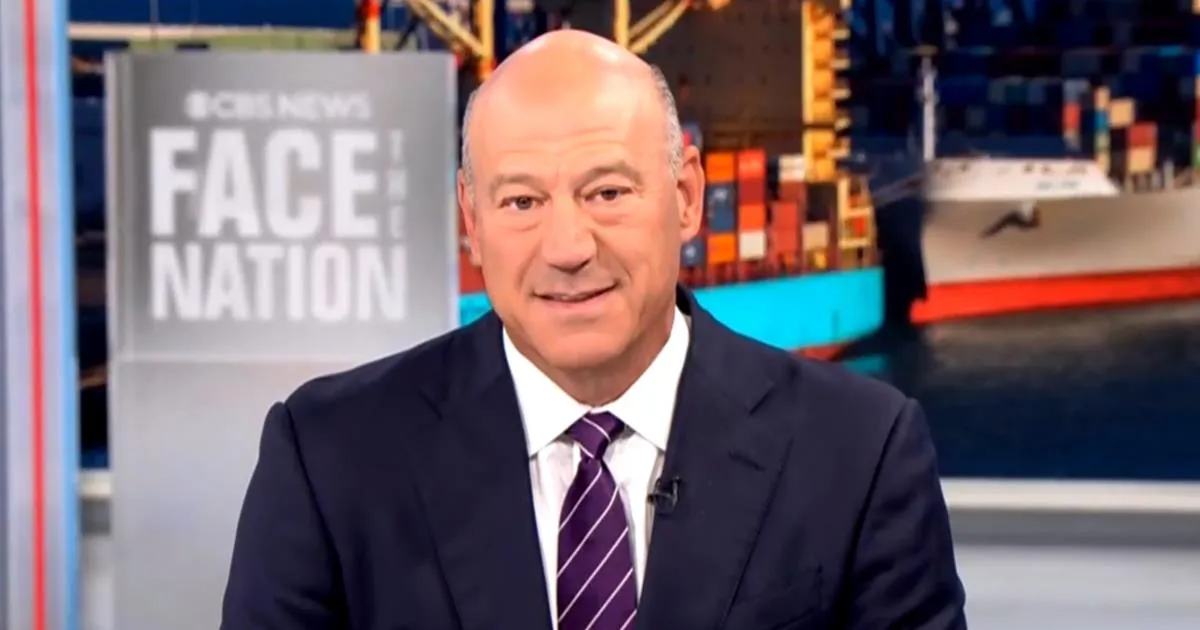
In a recent interview on Face the Nation with Margaret Brennan, Gary Cohn, the vice chair of IBM and former director of the National Economic Council under President Trump, expressed concerns about the current state of the job market. He emphasized that the job market seems to be experiencing a degradation, although he believes this could be a temporary issue. Cohn noted that the Federal Reserve and its board of governors have acknowledged the ongoing decline in job availability.
Last week, the Federal Reserve made headlines by lowering its benchmark interest rate by 0.25 percentage points. This marked the first rate cut since December, prompted by a slowdown in economic growth and a stalling labor market. Fed Chair Jerome Powell highlighted that the current landscape presents a very different set of risks for the labor market compared to previous periods. He mentioned that while payroll job creation is important, it is just one indicator among many that suggests the labor market is cooling off.
The jobs data has recently come under scrutiny, particularly as the administration has questioned the validity of government statistics. Following a disappointing July jobs report, President Trump took decisive action by firing former Bureau of Labor Statistics Commissioner Erika McEntarfer. Cohn commented on the job numbers, noting a significant drop in job creation, with monthly additions falling from over 100,000 to under 50,000 in just a few months.
Cohn elaborated on the current corporate landscape, stating that many companies are cutting back on their workforce as they adapt to challenging economic conditions. He pointed out that rising input costs, exacerbated by tariffs and other factors, have pressured companies to maintain their profit margins. As a result, the most effective strategy for many businesses has been to reduce labor costs. Cohn remarked, “We came out of a tough situation in COVID where companies were actually afraid about being able to attract and retain people, so they were hoarding labor.” Now, however, the dynamic has shifted dramatically.
According to Cohn, companies are now allowing their labor force to decrease naturally, particularly as employees retire. He stated, “I think it's clearly showing up in the data, and the Federal Reserve recognized that in this week's action.” Cohn emphasized that this trend is not limited to the technology sector but is prevalent across various industries. He has heard directly from corporate CEOs that they are actively working to reduce their human capital overhead.
On the broader implications of the recent rate cut, Cohn highlighted that the Federal Reserve provided significant insights during their last meeting. He pointed to the rate cut and the Fed officials' outlook on future interest rates as crucial information for understanding current economic conditions. Additionally, he stressed the importance of the committee's near-unanimous decision, which reflects their commitment to maintaining the independence of the Federal Reserve. “I think the Fed clearly showed themselves to be independent thinkers,” Cohn stated. They have taken into account all relevant economic data, arriving at projections that are coherent with the current economic climate.